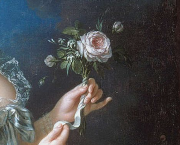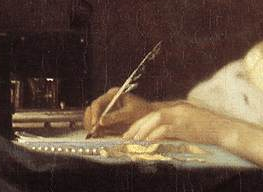8-9 jan. 2019, Cambridge : Monarchy and Modernity, 1500-1945
Europe’s past is overwhelmingly monarchical, yet the monarchies that remained in place at the end of the Second World War hardly resembled those that governed Europe at the end of the Middle Ages. Modernity transformed monarchy from a matter of fact into one of opinion, and enabled moving from a world where everything was sacred to one where all was profane. If words, then, remained the same – along with many of the families, their properties and places of residence – their meaning changed profoundly overtime and across countries. This is so much so that, along the centuries, European monarchy as an institution seems unrecognisable to any attentive observer. Even so, the present academic literature seldom measures the distance between monarchy’s various historical meanings and manifestations.
In theoretical and speculative disciplines, the lack of inquiry into monarchy’s significance is due partly to disciplinary divisions. Political theorists and intellectual historians rarely delve into the subject of monarchy, while historians of monarchy tend to focus on chronology and rarely ask questions pertaining to monarchy as a concept. Monarchism’s own nature has in part determined these divisions. Due to its providentialist foundations in the divine right of kings, monarchism is a double paradox, a form of political theory that is at once anti-political and anti-theoretical. Innovatively, this conference seeks to break disciplinary barriers by combining the outlooks of monarchical specialists on the one hand, and of social, cultural, and political theorists on the other.
Proceeding from the premise that the nature of things is best known, and their development most determined, during critical times, this conference centers on three (long) key moments in the history of modern European monarchy : the English Revolution, the French Revolution, and the mainstreaming of republicanism during the first half of the twentieth century. These moments, however, are only referential, and presentations studying the reinvention, representation and conceptualisation of monarchy during other modern periods, from 1500 to the present, are also welcome, with Renaissance subjects possibly serving as introits and contemporary ones as epilogues to the conference.
The conference will be held at the University of Cambridge on 8-9 January 2019.
Contact : Carolina Armenteros (c.armenteros81[at]gmail.com), Philippe Barthelet at philippe.barthelet[at]orange.fr and/or Andrew Thompson (act25[at]cam.ac.uk)




